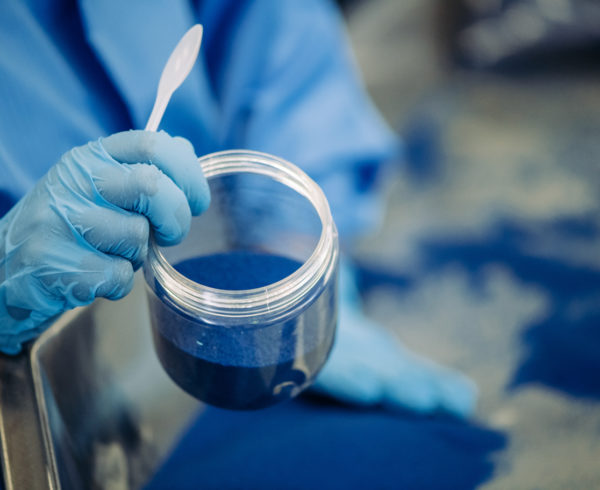Shifting consumer values in the personal care industry have led to ructions within the market. Established firms are changing their operating model and product lines to meet new consumer demands, particularly for natural and sustainable products.
Cirebelle, the chemicals solutions provider and part of Letsema, has already made moves in this direction to adjust to changing times in the sector. Cirebelle Fine Chemicals, a division of the firm, has begun to import 100% naturally produced beeswax, with the goal to turn it into 5 mm beads to be sold mainly locally, but also exported, to their personal care customers.
“The beeswax is sourced from Zambia,” says Gary Bateman, Cirebelle CEO. “It comes from a farm outside Luanshya in northern Zambia towards the DRC. We were scouting around all over for a producer and that’s when we found John Enright and Bee Sweet. We made contact, I went up to visit him and after seeing the operation and what it stood for, we signed the agreement.”
Cirebelle looked outside of South Africa because the local honey industry, with the majority being based in the Western Cape, is in a parlous state due to the drought in the region. Further, while the average commercial honey farmer has 5000 hives in South Africa, Bee Sweet has 110,000.
Key to their success is the fact Bee Sweet are able to use the endemic Miombo forests as the staging ground for the hives because without plantations, it is not possible to produce honey at a large scale.
However, while Bee Sweet were capable of meeting Cirebelle’s commercial demands, a key factor in partnering up with Bee Sweet was the Zambian company’s focus on community and environmental sustainability.
“Bee Sweet started out as a missionary enterprise. John’s ideal was to create value and an income for subsistence farmers in the region. The farmers would maybe have one acre of land and not making that much subsistence out of it,” Bateman says.
“He developed a model whereby he pays the subsistence farmers to look after the hives. They put the hives in the forests on their own land and tend to them. They have partnered with over 2000 local families, which benefits over 10 000 people.”
With the bee hives positioned in the forest, it has also created an incentive for local farmers to not cut down trees and instead rely upon the income generated by the bees. The beehives are produced from scrap logs that are locally sourced. Bateman says that the beeswax from Zambia is 100% naturally produced, compared to what is produced in China.
Cirebelle expects their beeswax beads to hit the market between August and September.
The story of Enright’s work however has recently been tinged with sadness. Enright, at the age of 67, was killed on December 26 last year in a car accident. He is survived by his wife, Kendra, who was injured in the accident, sister and sons, who have taken on the mantle of running Bee Sweet in his stead.
“This model, while philanthropical, is a good source of income for the local community and is an example of how to run a sustainable business that benefits both the business and its partners. Cirebelle is glad to source what we need from Bee Sweet because of the difference it’s making to the community its located in.”









